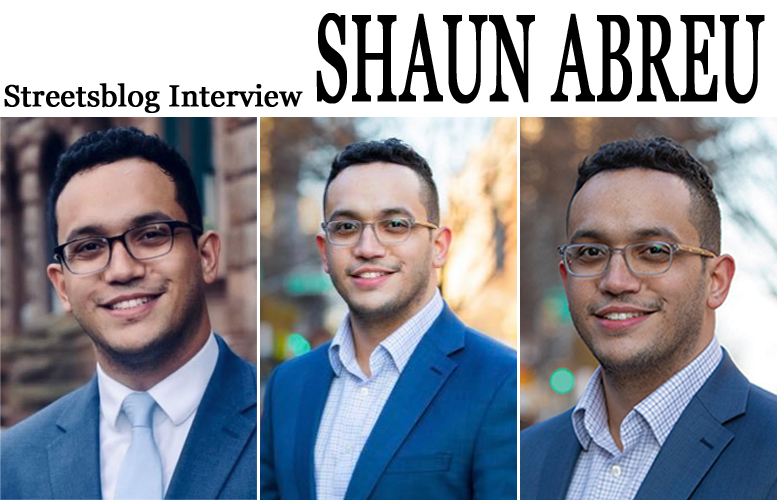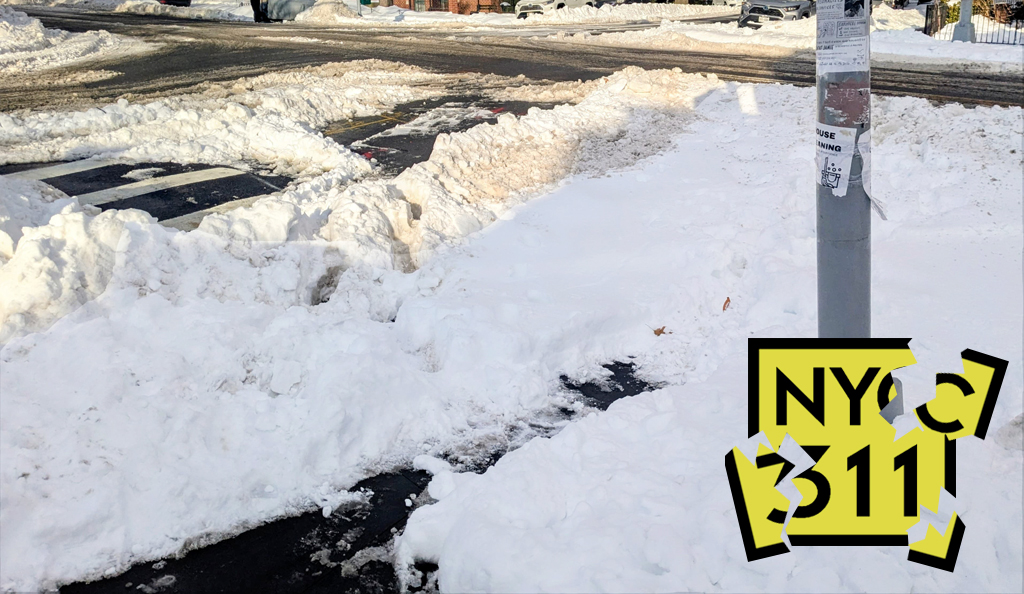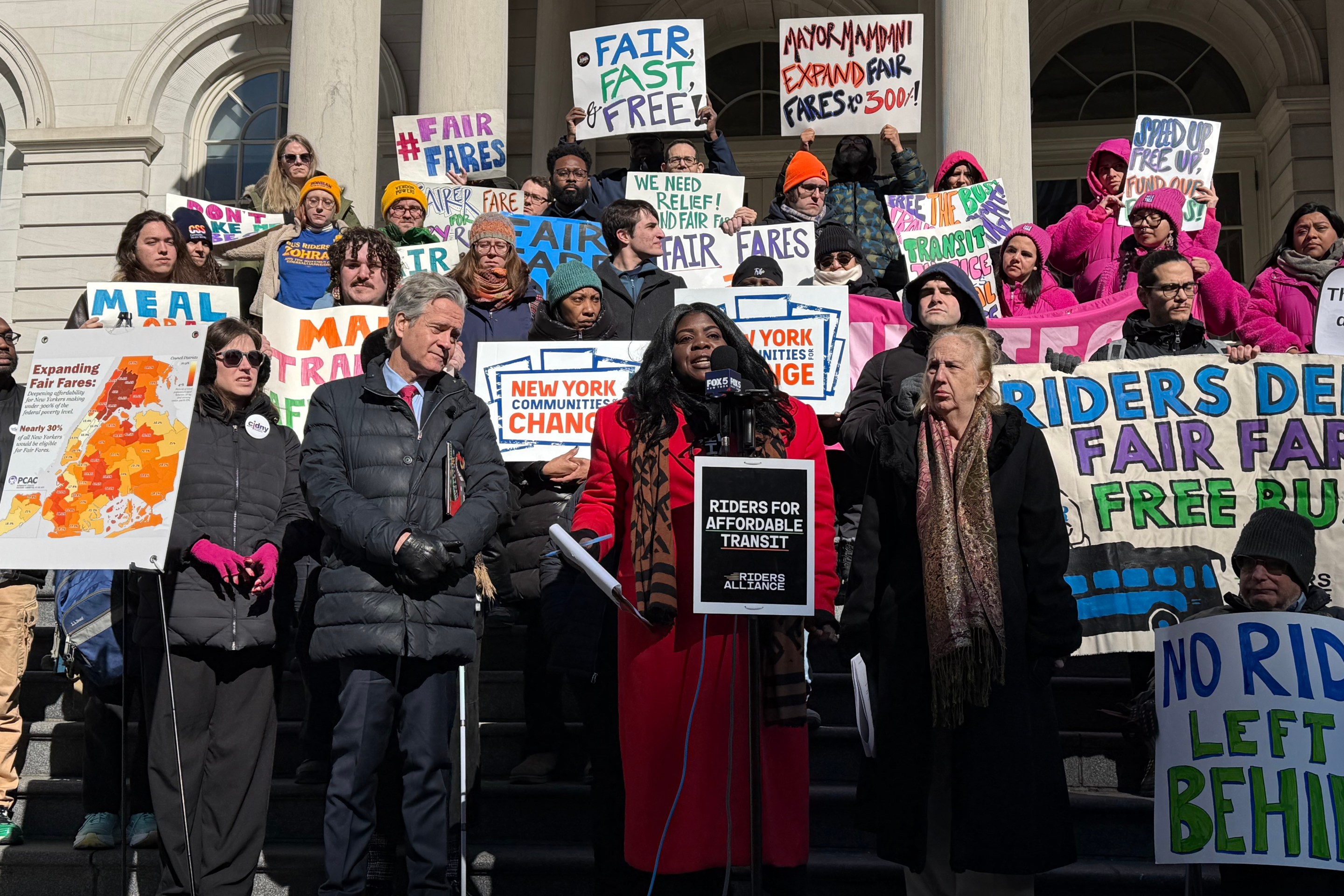Transportation consultant Alan Pisarski, author of the National Academies' Commuting In America series, has advised Washington policymakers on infrastructure development for decades. And judging from the presentation I watched him deliver at the Heritage Foundation last week, he's downright aghast at the prospect that the Obama administration could begin shifting national policy away from total reliance on sprawl and automobiles.
To be fair, Heritage is a conservative bastion that frowns at efforts to regulate climate change and cheers on the expansion of domestic oil drilling. But as Streetsblog readers enjoy a good laugh at George Will's tirade against transit, it's worth remembering that Will isn't alone: Pisarski, respected as an "expert" in the mainstream media, is even more dedicated to keeping America yoked to highway dependence, and he has a litany of influential supporters in his corner.
 Alan Pisarski (Photo: University of Iowa)
Alan Pisarski (Photo: University of Iowa)Much of Pisarski's presentation centered on the contention that long commutes are a luxury item chosen by the wealthy. In a chart titled "Why we are a rich nation," he offered data showing that the number of workers and vehicles in every U.S. household rise along with household income -- as does the total transportation spending and commute length in each household.
"Americans are wealthy because they work," Pisarski's chart stated. "Americans have cars because they work. Americans spend $ on transportation because they work."
Never mind that studies have also tied skin cancer and mercury-poisoning risk to income. Forget the statistical doctrine that correlation doesn't prove causation. By Pisarski's logic, the fact that wealthier Americans have more cars and spend more time driving means that the nation has spoken decisively in favor of low-density suburbanism.
In fact, Pisarski mocked the notion of planning communities that minimized travel time. When it came time for church on Sunday, he quipped, "we could all just change our religions and go to the one that's closer."
The impact of automobile emissions on the environment -- powerfully underscored by President Obama's deal to raise mileage standards -- was wholly ignored in Pisarski's analysis. At one point, he claimed that national air-quality problems have been "pretty much resolved" (perhaps because he plans to steer residents of pollution-ravaged urban neighborhoods into the suburbs).
Pisarski says he wants to give Americans the freedom to live wherever they choose. Yet he also wants to limit any pesky governmental attempts to offer more choices among modes of transportation, effectively locking the nation into its existing living patterns -- however counter-productive they may be.
Another slide in his presentation described two polarized ways of "thinking about the world": one that's "globally integrated," interested in longer travel times, "market forces" and mobility; and the other that's neighborhood-based, interested in shorter travel times, "design" of public spaces and accessibility.
I wanted to ask Pisarski about his attempt to divide the country into pro-transit and anti-transit, auto-haters and road-boosters, when the reality is far more complicated and all-of-the-above. Riders of Bus Rapid Transit systems rely on roads and bike commuters often own cars for weekend trips, to name just two examples. But by the time I raised my hand for a question, the time for his presentation had expired.
Something tells me that as the federal transportation debate heats up next month, I'll run into him again. Any suggested questions? Let me know in the comments section.





